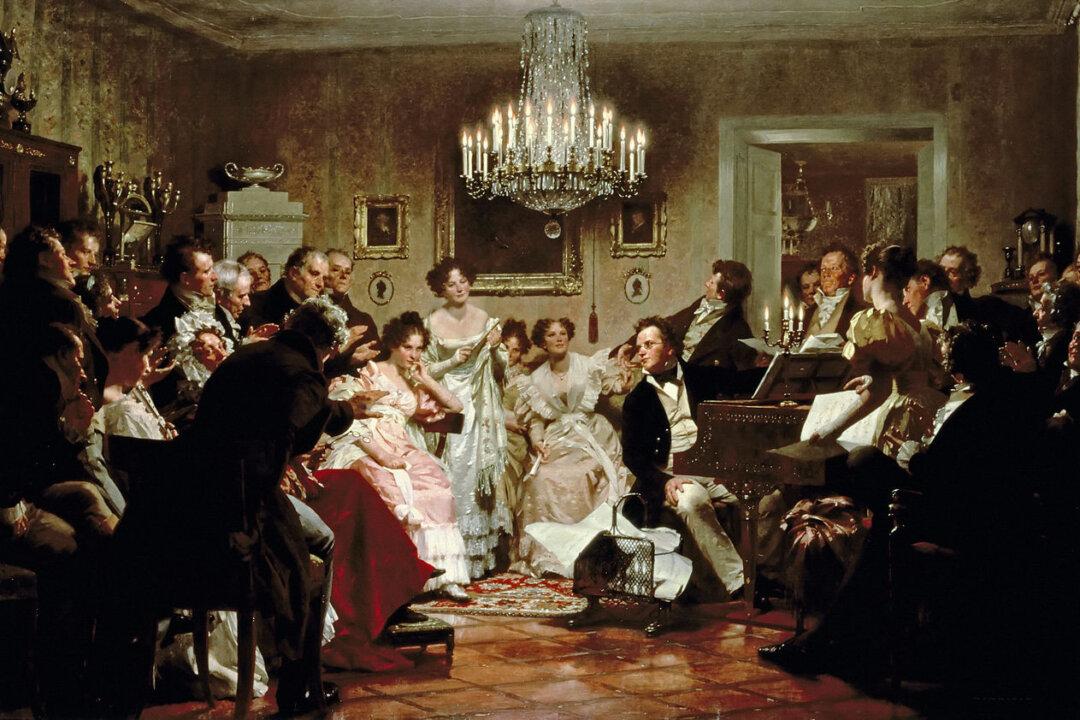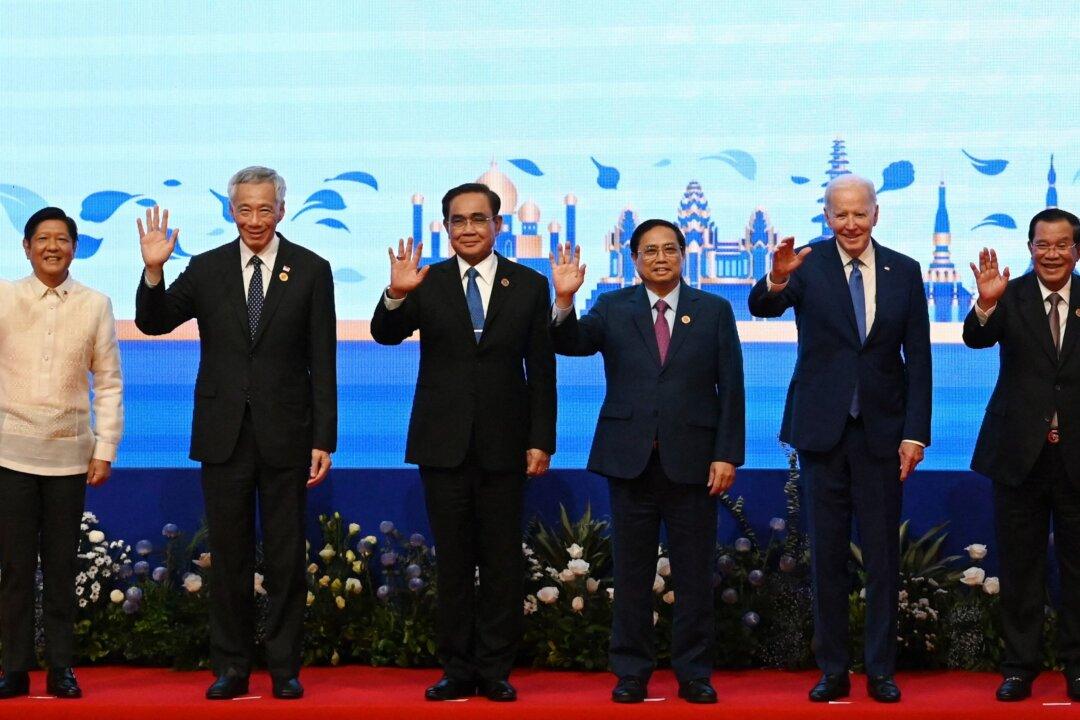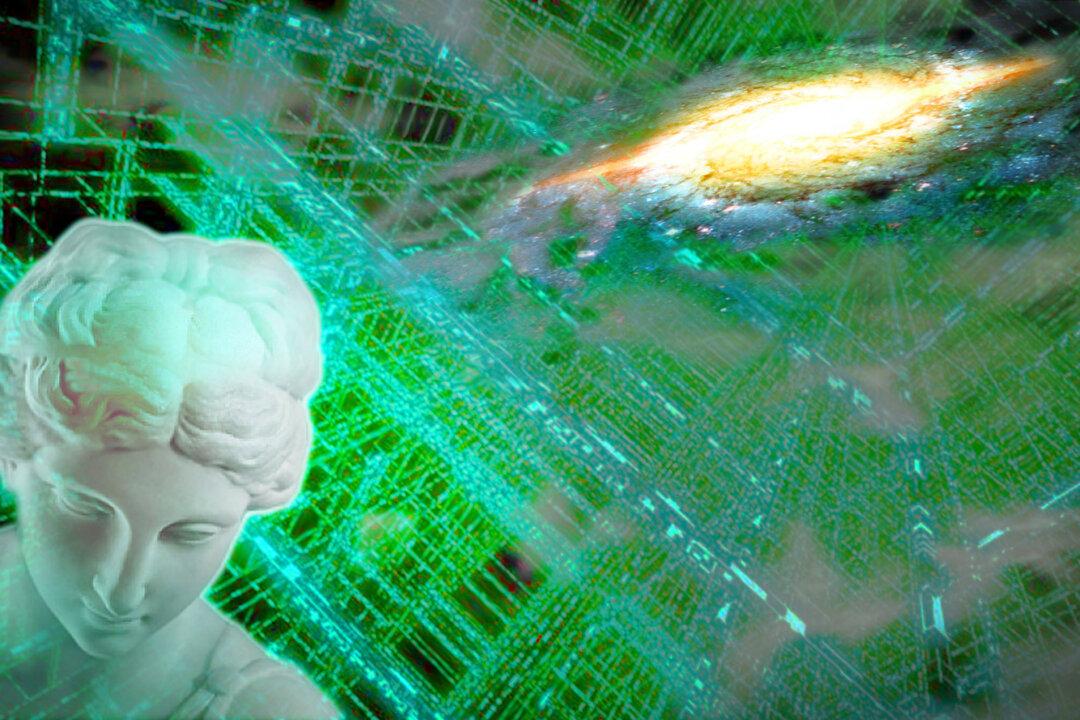Chinese technology company Huawei has not had particularly good press recently. Countries including Australia have excluded it from construction of a 5G network, while the U.S. Justice Department recently laid criminal charges against the firm and its chief financial officer.
It is understandable that in the midst of such woes, one might turn toward something harmless like classical music to wallow in sophisticated creativity, cultural tradition, and human mystery.






